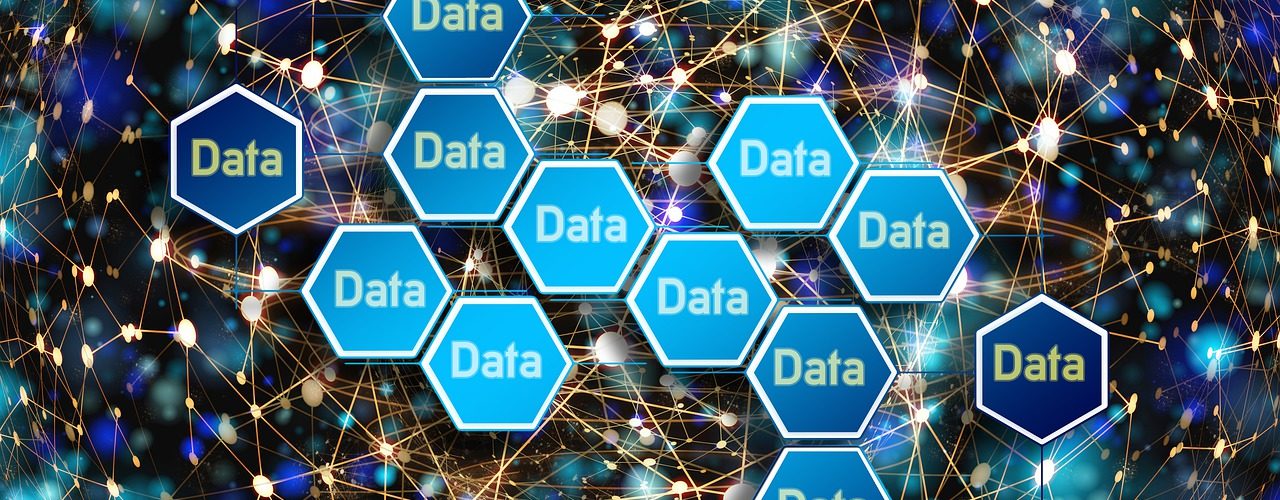Convergence of blockchain and data science

The top two developing technologies generating the most attention these days are ‘data science’ and ‘blockchain,’ both of which have the potential to drastically alter the way businesses and organisations are conducted around the world. Blockchain, like data science, is revolutionising the way businesses are run.
Blockchain is considered by many to be a disruptive core technology[1]. It is a distributed database that is incredibly secure and whose content cannot be tampered with. Data Science, on the other hand, is concerned with extracting meaningful information and knowledge from both structured and unstructured raw data. It is a method for analysing data that combines statistics, data analysis, machine learning, and other techniques.
Even though blockchain as a technology is still being investigated in industries such as finance, healthcare, and logistics, it is evident that both data science and blockchain deal with data whether it is analysing data or validating it, and both use algorithms for their respective tasks. Hence, we can summarise by stating that: “data science for prediction; blockchain for data integrity”[2].
Like with every technology, they have their own drawbacks and limitations. Data science lacks data privacy cannot control erroneous data and has inaccessibility issues. However, this is where blockchain comes into the picture by validating data and making it impossible to manipulate it by using cryptography and decentralised consensus algorithms. It also ensures the security and privacy of data making hacking and cybercrime very unlikely. Hence, it can be said that blockchain can validate the data we want to make predictions about.
Some of the use cases where blockchain can help data analysts are mentioned below:
- Ensuring Trust – Any data being added in a blockchain undergoes a series of verification, ensuring that it is trustworthy thereby maintaining data integrity.
- Predictive Analysis – Like any database, a blockchain’s data can be analysed and insights can be gained from it. Ensuring Security and Privacy of Data – Since blockchain uses consensus algorithms to verify transactions, the data is extremely secure and safe from cyber-attacks.
- Managing Data Sharing – Data we get from data studies can be stored in a blockchain network.
- Real-time Data Analysis – Organisations that need real-time data analysis can use blockchain-enabled systems.
It will be fascinating to observe how blockchain evolves to solve these concerns and how it disrupts the data science field. The technology has enormous potential to alter how we store and use data.
Edited by Liam Butler
Copy-edited by Claire Thomson
[1] https://jfin-swufe.springeropen.com/articles/10.1186/s40854-019-0147-z
[2] https://blockchainsimplified.com/blog/the-effects-of-blockchain-on-big-data/







